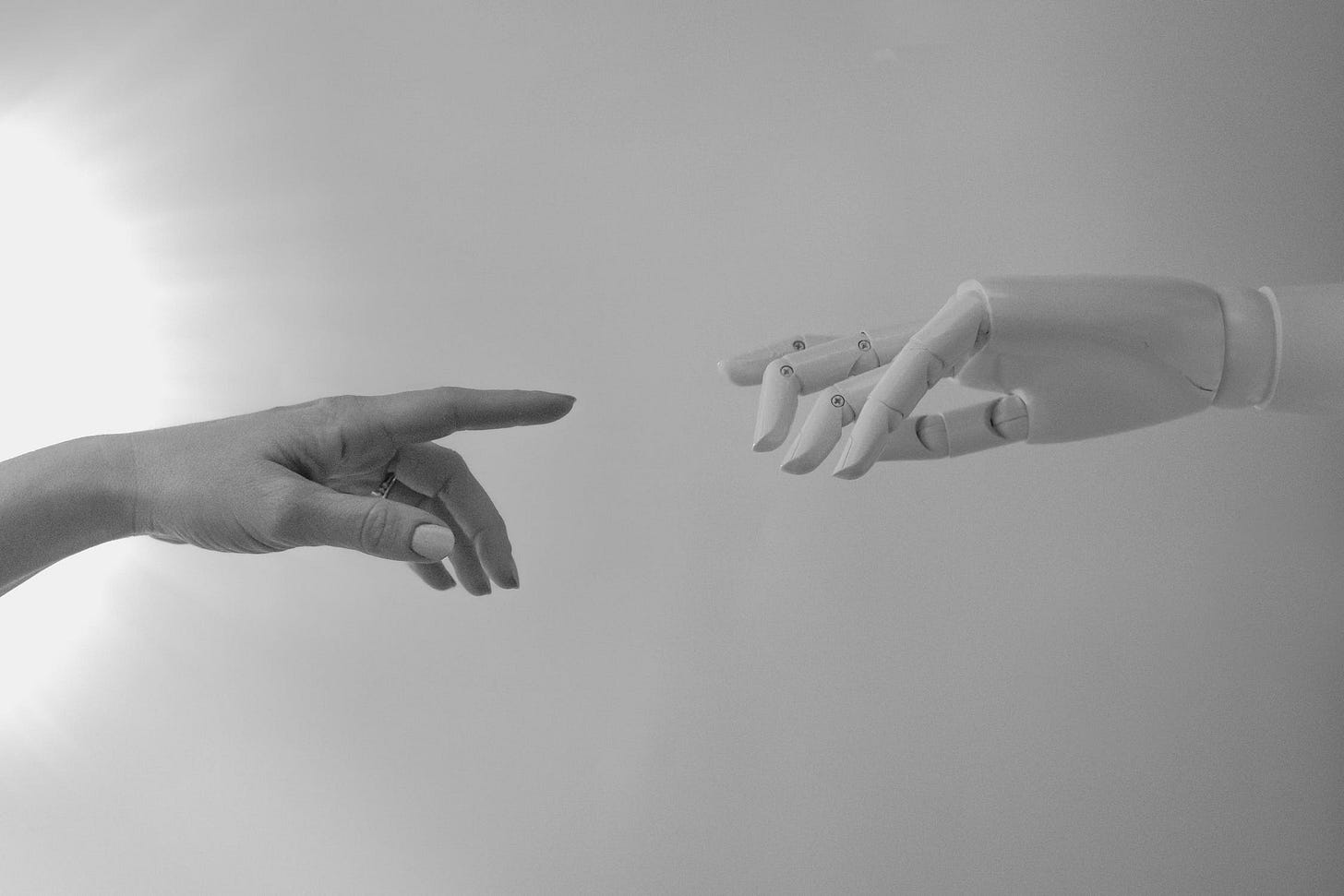As we enter this era of massive technological transformation, it's critical to understand the implications of Artificial Intelligence (AI).
One voice that stands out in the noise is Marc Andreessen, he is an American entrepreneur, investor, and software engineer who is widely recognized as one of the most influential figures in the technology industry. Recently, he penned a compelling article on AI that I feel is essential to share. In this article, he unravels common fears and apprehensions around AI, systematically addressing them and emphasizing why AI, contrary to popular belief, will indeed save the world.
Artificial Intelligence, or AI, often conjures images of rogue robots and job loss. But, Marc Andreessen believes we shouldn't be afraid. He has shared six main points, assuring us that AI will, in fact, save the world.
The first fear people have is that AI will come to life and kill us, similar to the storylines in Hollywood sci-fi movies. But, according to Andreessen, this is just an imaginative fantasy. AI isn't a living being. It's a tool, like a car or a washing machine, created by humans to help make our lives easier. It doesn't have feelings, thoughts, or desires. It merely does what it's programmed to do.
The second worry is that AI will disrupt our society. People fear that AI will create an unfair playing field and fuel social disharmony. Andreessen challenges this perspective, stating that technology has always been a disruptor, but in the end, it has always led to societal progress. This disruption is part of the creative destruction process in which new technologies replace old ones, and our societies adapt and evolve.
The third concern is about job loss. It's a valid fear as we've seen technology replace human jobs. But Andreessen argues that while AI will replace some tasks, it will also create new jobs, often in areas we can't even imagine yet. This is not new; it happened when we shifted from agriculture to industry and again during the digital revolution.
The fourth point is about wealth inequality. People worry that AI will lead to a gap between the rich and the poor. Andreessen argues against the fear of AI causing inequality. He points out that those who create new technology want to sell it to as many people as possible. When more people can buy this technology, the price goes down. This is why almost everyone now uses things like cell phones and the internet. They started expensive, but get cheaper and more common over time.
I am actively contributing to this important conversation about wealth inequality. By educating individuals from traditionally overlooked communities to make wise investments in AI companies, I am playing a role in bridging the potential wealth gap that could emerge from this technological revolution.
Finally, Andreessen agrees with the fifth concern: AI could enable bad people to do bad things more efficiently. However, he argues that this is not a reason to halt AI development. It is a reason to regulate its usage and work on making AI a defensive tool to prevent bad things from happening.
Apart from debunking these fears, Andreessen also warns of a genuine AI risk: The global dominance of China in AI technology. China's government views AI as a tool for authoritarian control and aims to spread its influence globally. The best way to counter this, Andreessen believes, is by leaning into AI development aggressively and aiming for global AI superiority.
In conclusion, Andreessen believes that instead of resisting AI, we should embrace it as a tool that can bring enormous societal benefits. The risks associated with AI are not insurmountable and can be mitigated through appropriate measures. He ends by saluting those working to make AI a reality, labelling them as the heroes of our time, turning science fiction into reality for the benefit of all. AI is not a threat, but a tool that, used properly, will indeed save the world.
Disclaimer: The information provided in this article is for general informational purposes only and should not be construed as financial or investment advice. It is not intended as a recommendation or solicitation to buy or sell any securities or other financial products. The views and opinions expressed in this article are those of the author and do not necessarily reflect the official policy or position of any other agency, organization, employer, or company. Any reliance you place on the information provided in this article is strictly at your own risk. Always seek the advice of a licensed financial professional before making any investment decisions.
Source: Why AI will save the world




